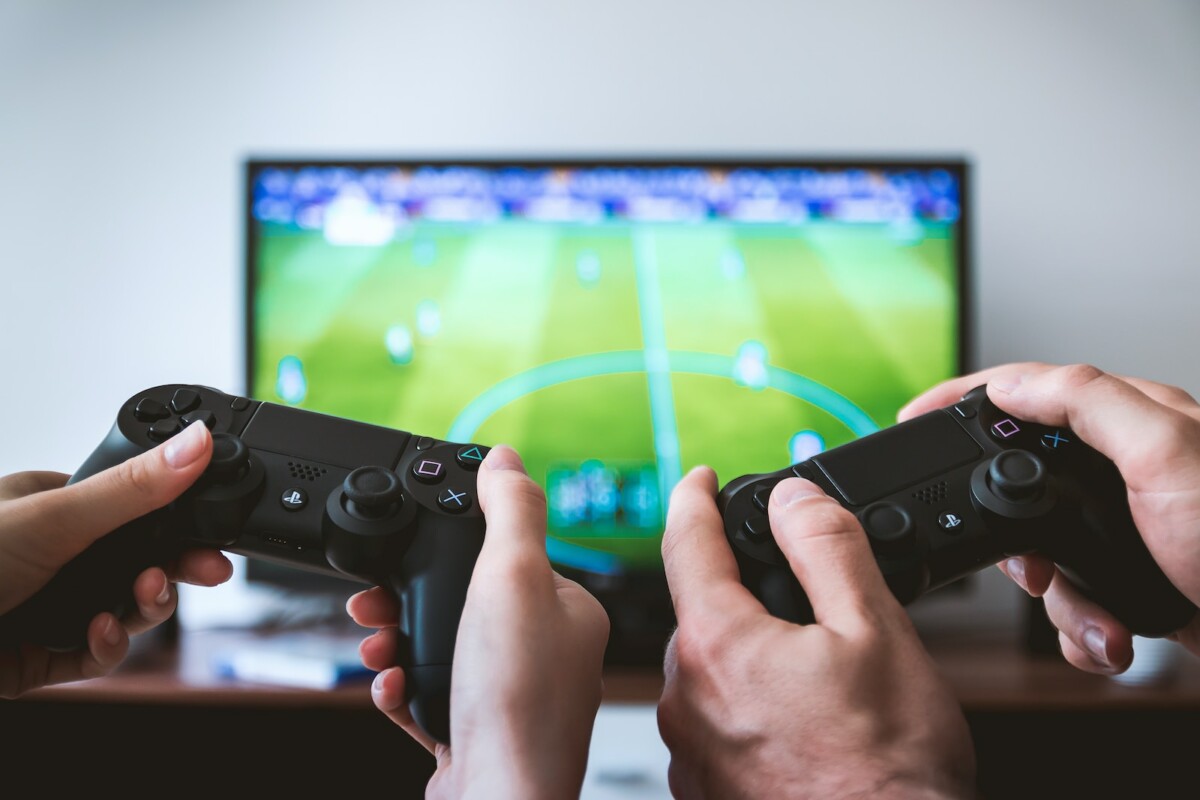Let me preface this by saying that my 11-year-old child is most likely on the spectrum, and it’s quite possible they have BPD (borderline personality disorder), though obtaining a diagnosis has been a challenging journey. Unfortunately, my son’s father, who had BPD, took his own life when my child was just a toddler. Since then, as a mom with high-functioning autism, I have been raising my son on my own. Emotional regulation has always been a struggle for him, and over the years, teachers, counselors, and I have worked tirelessly to address this issue. However, it seems to have worsened with time. Alongside emotional challenges, he also grapples with social awkwardness and anxiety.
Currently in 5th grade, my son has only one close friend, a seventh grader who is also on the spectrum. They met through online gaming, bonding over shared interests. They used to play games together, occasionally call each other, and engage outside of gaming. However, whenever they lost a match, my son would lose his temper and attempt to blame his friend. His friend would brush it off, explaining it wasn’t his fault, and move on. I discussed this pattern with my son numerous times, emphasizing the importance of social skills in therapy. He worked hard to compliment his friend and express gratitude for his good gameplay but still struggled with managing his anger. Instead of yelling and blaming his friend for every loss, his solution was to completely shut down, ignore him, and refuse to communicate for the rest of the night.
We continued addressing these challenges in therapy, hoping for progress. Unfortunately, my son had a major outburst one day, hurling insults at his friend during a phone call. Consequently, the friend blocked him. After a few weeks, the friend reached out, and my son sincerely apologized, leading to a reconciliation. However, a few weeks later, my son repeated his screaming blow-up and found himself blocked once again. This time, the other boy delivered a painfully accurate but hurtful statement, expressing that he no longer wanted to be friends because it was incredibly difficult, my son made him miserable, and it was more enjoyable to have no friends at all than to be friends with him.
Now, my son is dealing with severe depression. He pleads with me to reach out to his friend, but I am concerned that may not be the wisest course of action, given his ongoing struggle with lashing out in anger.
In therapy, we continue to focus on developing emotional control. However, in the meantime, my child finds themselves friendless. This is a significant loss for them, and I desperately want to help them grieve while also facilitating the process of making new friends. However, I can’t shake the fear that my child’s profound depression may hinder their ability to reach that stage. Given their age, medication options are limited, and the doctor primarily recommends more therapy sessions.
